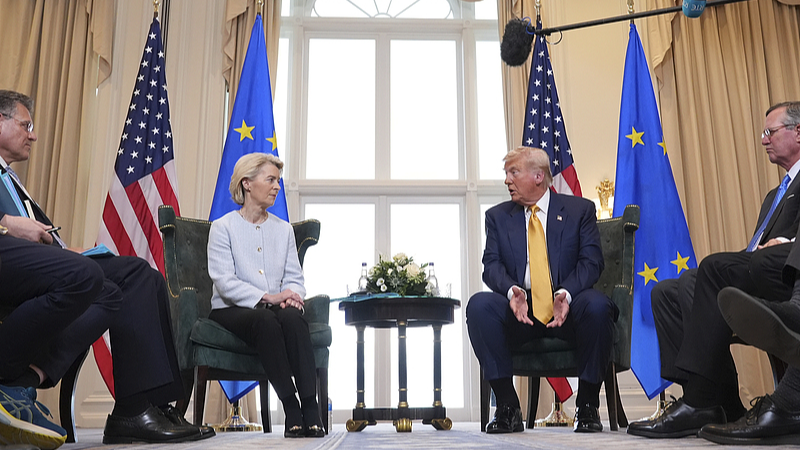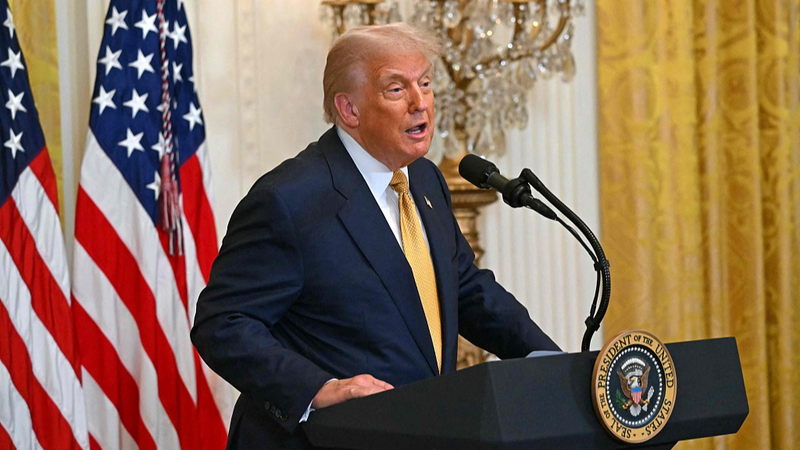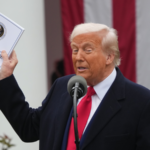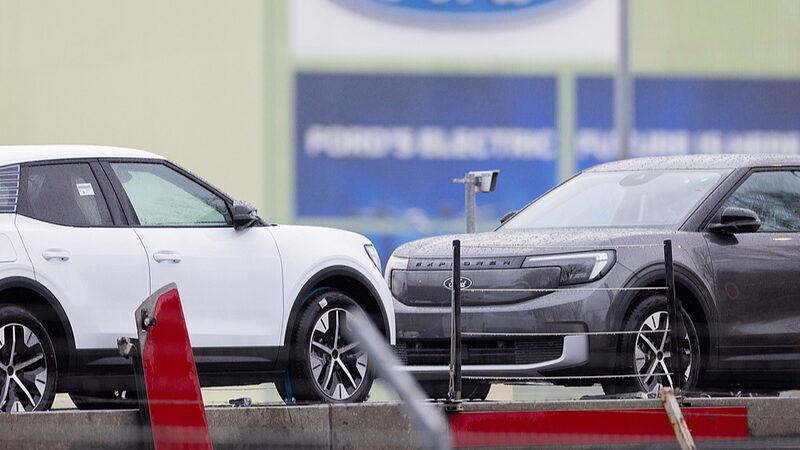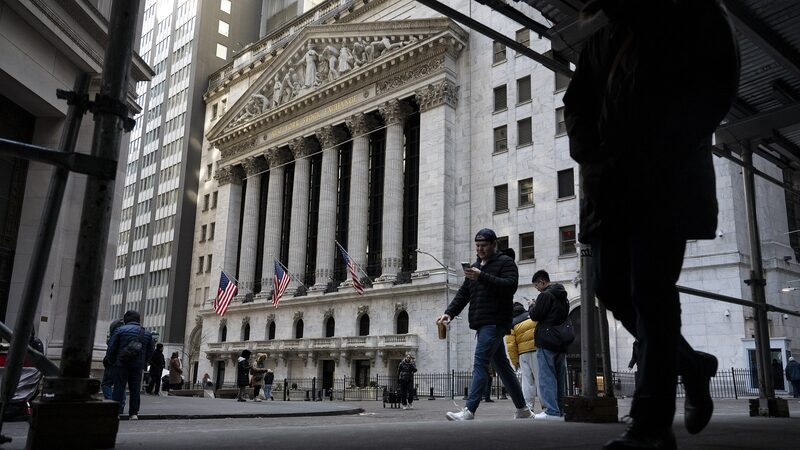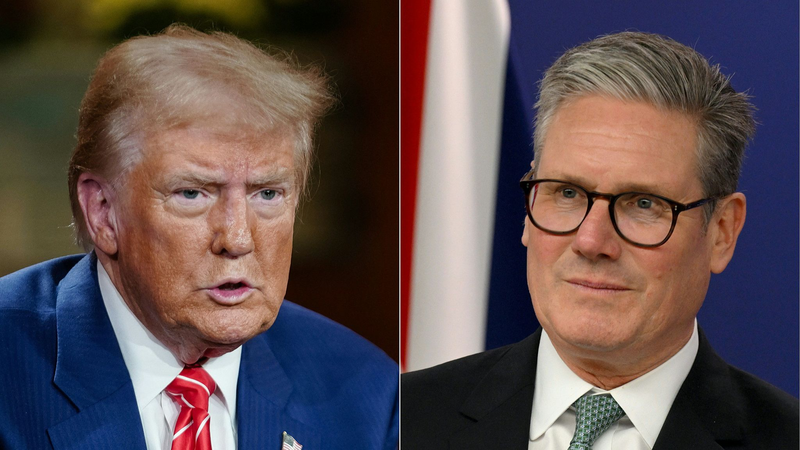The U.S. and EU have finalized a controversial trade agreement after high-stakes talks in Scotland, with a 15% baseline tariff on EU goods sparking debate over fairness. While leaders hailed the deal as a step toward "trade balance," critics warn it tilts heavily in America's favor. 💼
Key Points of the Deal
Under the agreement, the U.S. will apply a 15% tariff on most EU imports, while securing zero-tariff access for American energy, agriculture, and automotive exports. The EU also committed to $750 billion in U.S. energy purchases and $600 billion in investments. 🚗🌾
U.S. President Donald Trump called the deal a "win" for American workers, claiming it revives auto exports to Europe. However, existing 50% tariffs on EU steel and aluminum remain, and confusion arose over pharmaceuticals—Trump claimed they were excluded, while EU Commission President Ursula von der Leyen said they’re included under the 15% rate. 🤔
Critics Cry Imbalance
Bernd Lange, chair of the European Parliament’s trade committee, slammed the deal as "unsatisfactory," arguing it risks EU jobs and growth. He noted the 15% U.S. tariff is four times higher than previous averages, while the EU offers zero tariffs in return. 📉
Lange also criticized the $600 billion investment pledge, including funds for U.S. military tech, as counter to European interests. "This feels like pressure tactics we’ve seen elsewhere," he said, referencing recent U.S.-Japan negotiations. 🇯🇵
What’s Next?
The deal avoids a threatened 30% U.S. tariff hike on EU goods starting August 1. But with von der Leyen hinting at possible future U.S. trade actions, tensions may linger. 🔮
Reference(s):
U.S., EU seal trade deal amid concerns over tariff imbalance
cgtn.com
